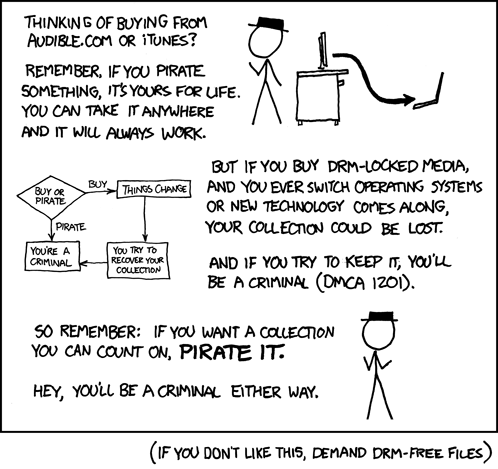One of the messages that I have been attempting to communicate through this blog (successfully, I should hope) is that corporate behavior, while demonstrably rational, often lacks alignment with the public interest. This idea, which is not to be confused with the comparatively simplistic notion of corporate greed, is rooted in a genuine but ultimately reconcilable mismatch between the preferences of the public and those of private institutions. None of this is particularly surprising in an economic or political context; balancing market health with the public interest has traditionally been one of capitalism's greatest challanges.
With whom does the responsibility lie for bridging this gap? Most would argue that it lies with the state, though there is considerable debate as to the extent of this responsibility. I doubt anyone would disagree that the government should regulate or prohibit such undesirable (but potentially profitable) markets as child pornography, yet the government's role in issues such offshore oil drilling (or net neutrality, for that matter) is the subject of much debate.
The two issues that I have discussed in this blog, DRM and net neutrality, represent radically different governmental approaches to the problem of balancing public and private interests. While net neutrality represents an attempt by the government to preserve the public interest, solutions to DRM related issues have signaled an almost complete alignment with the private sector. The logic behind these divergent policy decisions is beyond the scope of my discussion here, but hopefully I have demonstrated the influential role of the state in such conflicts. When we discuss new media, it's important that we maintain a sense of the ways in which this age-old issue can manifest itself on the electronic frontier.



